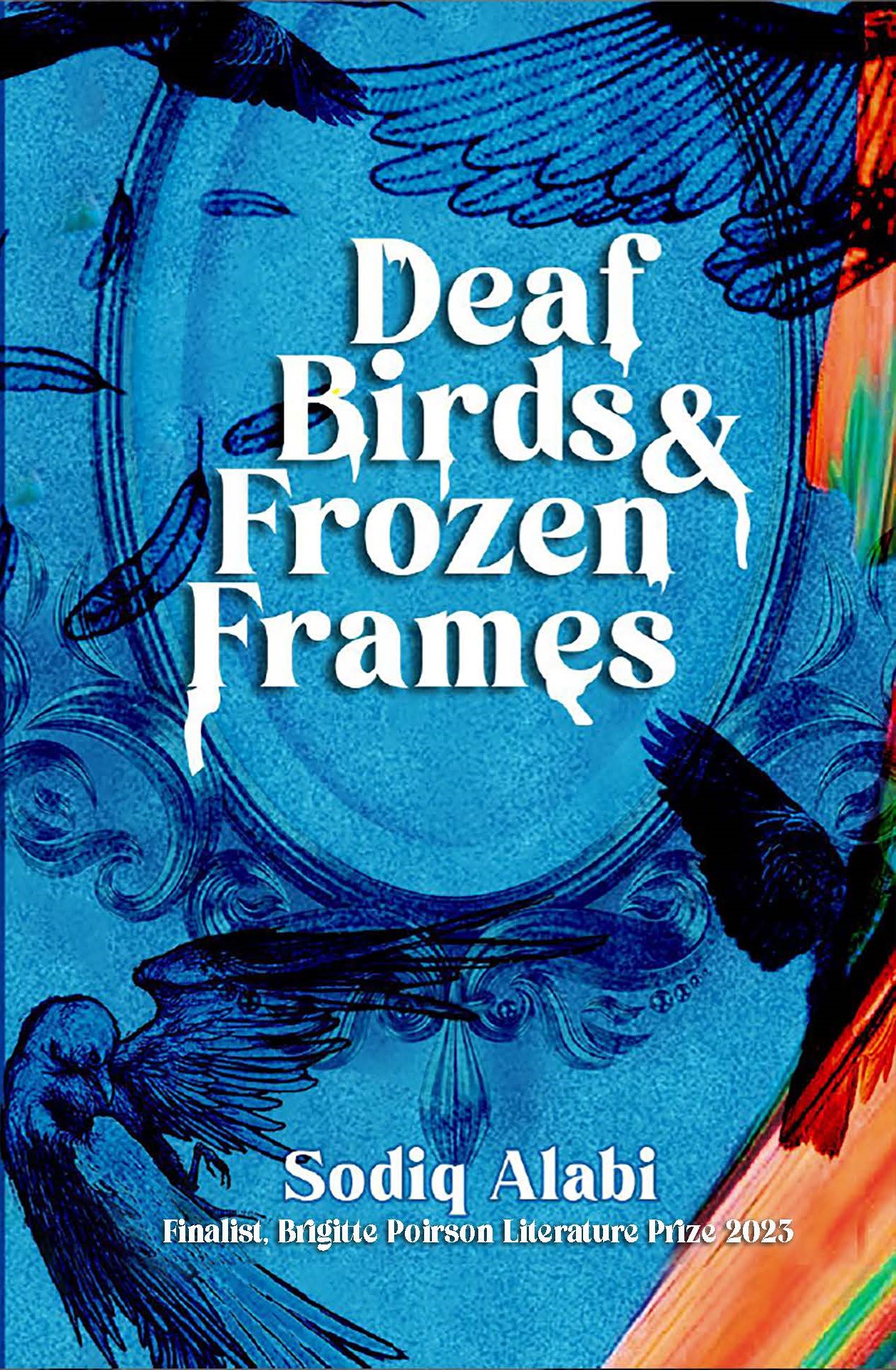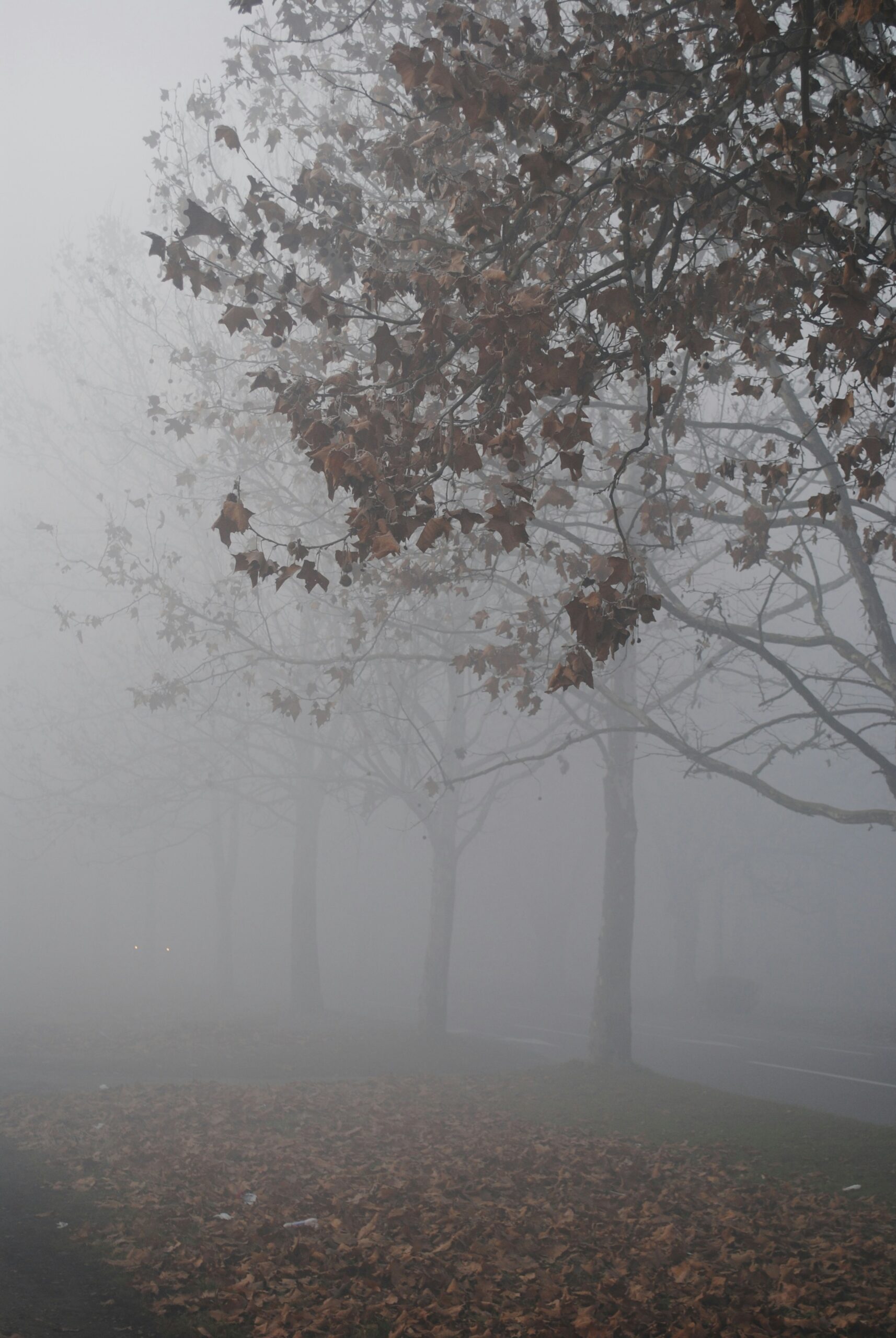There is no rest in exile—Romeo Oriogun (“The Sea Dreams of Us”).
A few months ago, a friend and I had a consciousness-broadening conversation about what it means to be Nigerian. What does it even mean to feel Nigerian? We considered. Nigeria is in the way we talk, Nigeria is in the way we laugh, Nigeria is in our beliefs and disbeliefs, Nigeria is in our rebellion, and Nigeria is thick in our fears. We realized that, no matter how estranged from culture our generation might seem, we are all products of home. Most importantly, we agreed that to be Nigerian is to want to leave Nigeria. Where I come from, a person in the diaspora is a person who has his entire life finely scripted out and misery erased from it. We cannot imagine a person in the diaspora sad, because who cries in ala bekee? Over the years, works of literature such as Buchi Emecheta’s In the Ditch, Romeo Oriogun’s The Gathering of Bastards, Chimamanda Adichie’s Americanah, and NoViolet Bulawayo’s We Need New Names have, to an extent, demystified the diaspora. Likewise, Sodiq Alabi’s 52-poem collection presents to us an eclectic blend of emotions and situations that come with existing in the diaspora: guilt, nostalgia, anger, love, displacement, and return.
Diasporic guilt is a topic that is not often explored but has a pervasive impact on the community. It refers to the emotional burden experienced by individuals living outside their homelands, characterized by feelings of helplessness, responsibility, and an ache for the relationships left behind. Oriogun explores this subject matter in his poem titled “Crossing into Togo,” in which we encounter a young journalist grappling with the “guilt of exile” as news of an auto-carnivorous nation sails across seas to greet him: He says, Even the voices of our people / are dying in the river of democracy.
In “Purgatory,” Alabi distinctly situates diasporic guilt within an afrofuturistic world, not only focusing on the overwhelming guilt but also sharing insight by fictionalizing the future of the diaspora. However, this future is mostly shaped by this guilt, loss, identity crisis, displacement, and the other numerous downsides of transnationality. The poem ends thus:
—we are the dispossessed
We who had a country and lost it
And now levitate in the purgatory of nationality
And being.
Alabi’s exploration of the theme of “exile” is mild, so that one is tempted to substitute the word “exodus” for “exile.” There is a fundamental lack of urgency, which one can find embedded in poems such as Warsan Shire’s “Conversations about Home (at the Deportation Center)” and “Assimilation.” Despite the guilt and displacement in this collection, Alabi manages to spark a sense of relief—the kind that comes with successfully exiting a burning house. In the opening poem, “Life Like British Weather,” the speaker introduces us to the beauty of the United Kingdom through a panoramic progression of the landscape. The poem is one infused with Canaan-like serenity, comfort, and abundance; it is also one of comparison—between the home left behind and the home one builds in the diaspora:
The Vauxhall took us gently to Cardiff, nonstop,
Grand entry to Wales via the Prince of Wales Bridge.
How majestic!
This looks like Lekki-Ikoyi bridge, my wife and I chorused,
But no toll-gate in sight, no crowds or vibrant hum,
So no chance we had travelled back in time, to Lagos. (Life Like British Weather)
Additionally, the speaker’s use of “home” requires that attention be paid to the multiplicitous identity of the migrant. While the mention of home in the first stanza does not refer to ancestral home, its reappearance in the final stanza, infused with heightened longing, does.
Unlike exile, Alabi’s handling of return is intensely musical and spiritual. This preoccupation is most poignant in “What the Hunter Said,” where the speaker journeys home with I was a prodigal returning home, persisting as a refrain. The chronicling of the journey serves to show that return, in this sense, is beyond plane trips. Rather, the return of the migrant involves a procedural reconnection with their homeland. The voyager in this poem goes from walking towards Òkè Óòré to snacking on róbó with ice cream to breathing in Ìwó and tracing the memories of his childhood. Another medium through which return is expressed in this collection is through a kind of Proustian nostalgia, which incites not only wistfulness for things past but a reliving of past experiences. Poems like “My Great-Grandmother’s Okra” and “Sons of the Goldmine” involve a conscious blurring of both temporal and spatial boundaries in order to effect this relife.
Amidst all of these emotions lies the one that pumps the most effervescence into “Deaf Birds and Frozen Frames”—anger. Alabi’s exploration of anger is seismic as it is lyrical; it is anger nursed from its conception towards its explosion; it is anger addressed to orient, occident, and even poets. While “Dear West” serves as a concise and satirical rebuke of Western “crap,” “Epe,” “Gangan,” and “They Stole a Nation” are an admixture of curse and protest poetry. “Poetry is Dead,” with its confrontational allure, sparks a concern for the future of African poetry.
Why did they hang all the poets?
The poets were accused of abandoning their duties
Self-absorbed, they weaved verses just for themselves
Verses that packed no fire (Poetry is Dead)
“When will the poet become a revolutionary again?” Alabi asks without asking. Deaf Birds and Frozen Frames encapsulates the soul of the migrant; it enwombs a plethora of diasporic complexities. Here, we encounter fragility and resilience; love and hatred; guilt and regret. Here, we encounter a revolution.
Chinaza James-Ibe is an award-winning poet and editor, who writes from the University of Nigeria, Nsukka.
- THE AFRICAN [SUB]TEXT IN OGUNDARE’S GRIEF DIARY: A REVIEW by Hyginus Ekwuazi - April 10, 2025
- What ‘Nigeria Meets Sweden: An Intercultural Cookbook by Philippe Glago’ Shows: A Review by Soji Cole - March 13, 2025
- SEVHAGE and Konya Shamsrumi presents The Poetry Club UDUS Anthology 2025 - February 11, 2025













Leave a Reply